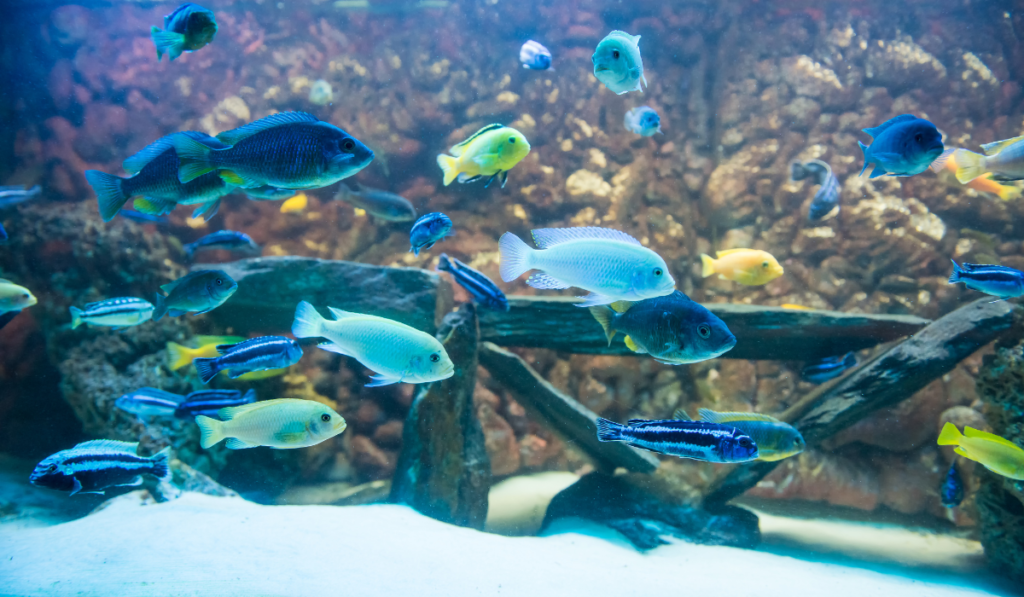When it comes to keeping a thriving aquarium, understanding the unique dietary needs of your fish is paramount. Just as humans have diverse tastes and nutritional requirements, aquarium fish also exhibit a range of preferences and dietary necessities. At Hikari®, we have decades of experience providing hobbyists with expertly designed and scientifically backed dietary options tailored to the specific needs of your species. Read on for some tips for providing your fish with the nutrition they need.
Diversity in Aquarium Fish Diets
Contrary to common misconception, not all aquarium fish eat the same food. In the wild, different species of fish have evolved to consume various diets based on their natural habitats and behaviors. Similarly, in an aquarium setting, replicating these diverse dietary requirements is crucial for the health and vibrancy of your aquatic pets. One of the key factors influencing the diet of aquarium fish is their classification as herbivores, carnivores or omnivores.
Herbivores: Herbivorous fish, such as certain species of cichlids and plecos, predominantly consume plant-based foods. Specialized herbivore diets like Hikari® Tropical Algae Wafers™ and Cichlid Excel® or Sinking Cichlid Excel® provide essential nutrients and fiber derived from algae, vegetables and plant matter.
Carnivores: Carnivorous fish, like bettas and tetras, thrive on a diet rich in protein. As an example, Hikari® Betta Bio-Gold® pellets are formulated to meet the high protein requirements of carnivorous species, promoting vibrant colors and optimal growth.
Omnivores: Many aquarium fish fall into the omnivore category, meaning they eat a mix of plant and animal-based foods. Hikari Micro Pellets® is an example of a versatile option designed to cater to the varied tastes of omnivorous fish, offering a balanced blend of proteins, fats and carbohydrates.
Tailored Nutrition for Specific Species
Different species within the same classification may still have unique dietary needs – while some cichlids are primarily herbivorous, others have a more omnivorous nutrient mix. It’s essential to research the specific dietary requirements of each species in your aquarium to provide the most suitable nutrition. Another factor to consider is the size and age of your fish. Smaller or juvenile fish may require more frequent feedings with smaller-sized pellets, flakes or granules. As they grow, the size of their food should be adjusted accordingly keeping in mind that exposing more surface area to their digestive enzymes is also important. By understanding and catering to the nutritional needs of your fish, you can ensure a vibrant and thriving aquatic community in your home.
We’re happy to help with any questions you may have! Email us at fish@hikariusa.com and one of our expert team members can assist in meeting your needs.

